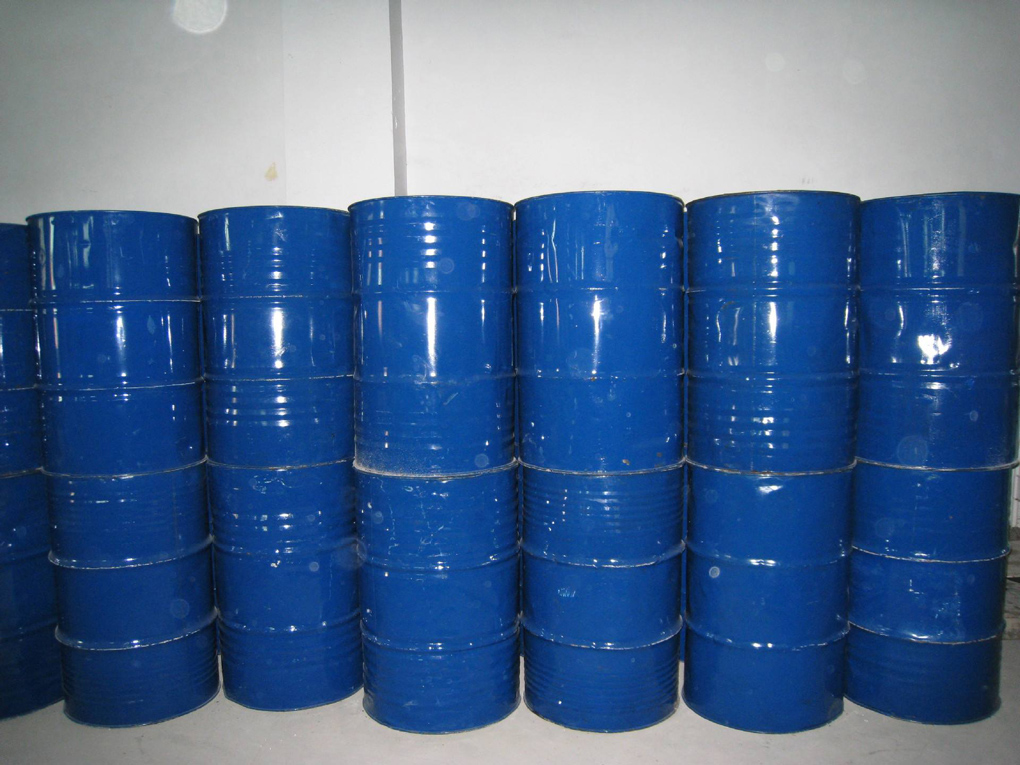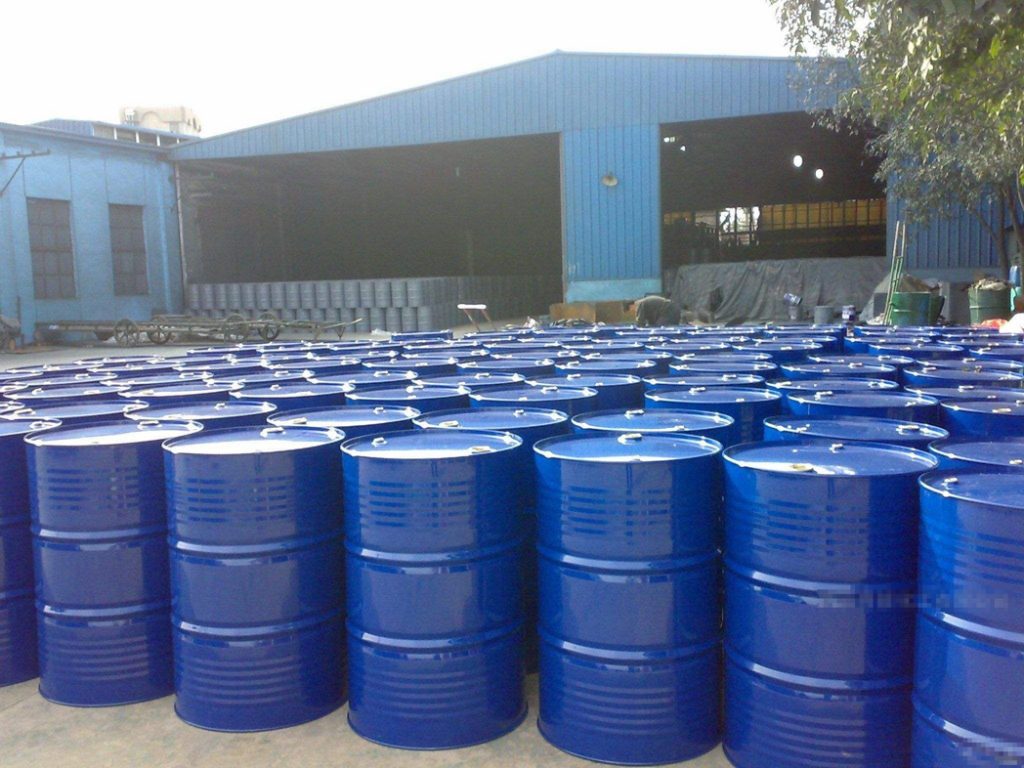Degradation of polyurethane plastic waste with newly developed biocatalyst
With the help of enzymes as biocatalysts, polyurethane and polyvinyl alcohol plastics can now be degraded under mild conditions.
Scientists from the University of Greifswald, together with the German company Costron and teams from Leipzig and Dublin, have recently developed the corresponding method in two separate articles published in the international edition of the top chemistry journal Angewandte Chemie. This represents that it is possible to establish a sustainable and environmentally friendly process to recycle these polymers.

Taking these two synthetic polymers, which are produced industrially on a large scale, as an example, the new approach helps to solve the global problem of plastic waste.
Plastics are currently indispensable for the production of building materials, electrical insulators, beverage and food packaging, textiles and many other applications. Unfortunately, the mass production of synthetic polymers, especially for packaging materials, has led to a huge environmental waste problem. Polyurethane and polyvinyl alcohol polymers account for about 8% of European plastics production.
The realization of environmentally friendly methods of recycling plastics has been the subject of scientific research for several years. Not only would this improve the environment, but it would also reduce the amount of gasoline needed to make new plastics using chemical methods. In addition, waste incineration plants that currently burn plastic waste would emit less of the greenhouse gas carbon dioxide.

Polyurethanes (PUR) are used in the production of mattresses, insulation, thermoplastics (such as athletic shoes) and coatings (sealants, paints, glues). Although chemical methods to degrade these compounds have been developed, they require large amounts of energy due to the high temperatures and pressures required.
Biotechnological methods using microorganisms or enzymes as natural biocatalysts are an alternative, they are able to degrade at moderate temperatures not exceeding 40°C, especially for recycling – separating building blocks to make new plastics and do not require the use of chemical reagents.
The team of Prof. Uwe Bornscheuer at the Institute of Biochemistry at the University of Greifswald and scientists from Costron have now identified key enzymes that are able to degrade polyurethane into its building blocks after chemical pretreatment.
Yannick Branson, a PhD student from the University of Greifswald, explains, “The search for these specific biocatalysts was arduous because we had to screen about two million candidates in order to discover the first three enzymes, which have been shown to break the specific chemical bonds present in polyurethanes.” Prof. Uwe Bornscheuer further explains:- “With this breakthrough discovery, we now have the prerequisites to custom design these biocatalysts using a protein engineering approach to develop polyurethanes for industrial recycling.” “Using these newly discovered enzymes, we are closer to the goal of a circular economy in the polymer industry,” added Dr. Gernot J?ger, head of the Biotechnology Competence Center at Crestron.
Polyvinyl alcohol (PVA) has a variety of properties and is also used in a wide range of applications, for example in fiber coatings and packaging foils. So far, there is no proven process for the degradation of PVA. Here, too, Prof. Bornscheuer’s team was able to develop the basic principles of the biotechnological process together with polymer experts from the University of Dublin and scientists from Leipzig. the degradation of PVA can be achieved by a clever combination of three different enzymes that are able to change the polymer in a stepwise manner, obtaining fragments of the polymer that can be easily recycled afterwards.

